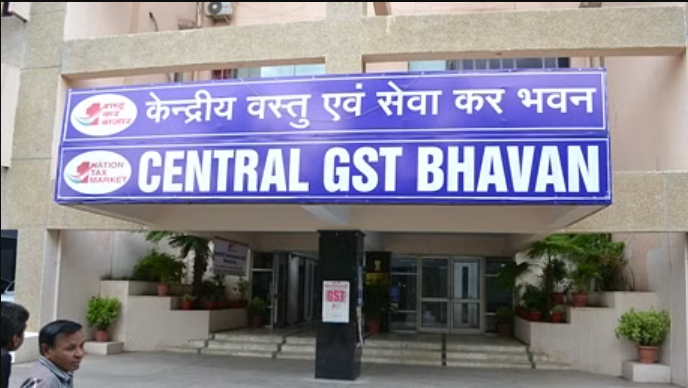The Deadline For Goods Transport Companies To Select A Gst Payment Method Is Extended By The Indian Government
The deadline for Goods Transport Agencies (GTAs) to choose to pay Goods and Services Tax (GST) on a forward charge basis for the current fiscal year has been extended by the Indian government. GTAs have the choice of using a reverse charge mechanism or a forward charge basis to collect and remit GST. The tax liability will be passed on to the service recipient using the reverse charge method if they do not choose to pay on a forward charge basis.
GTAs must complete a form (Annexure V) by March 15 of the previous financial year to pay GST on a forward charge basis. With input tax credit, the rates are 12%, or 5% without it. The GST Act was modified by the finance ministry in May, however, to require that “the option for the Financial Year 2023-2024 (by a GTA) shall be exercised on or before the 31st May”.
Any organization that offers a service of goods transportation by road and issues a consignment note for that reason is referred to as a GTA. On July 1, 2017, this definition went into effect. The amendment also stated that a GTA who begins a new business or exceeds a threshold for registration during any financial year may elect to pay GST on the services provided by completing Annexure V before 45 days from the date of applying for GST registration or one month from the date of receiving the registration, whichever is later.

image source:https://gumlet.assettype.com/bloombergquint%2F2022-05%2F6906da39-2cde-4ec4-8e94-5b083172a4b7%2FCentral_GST_bhavan.jpeg?rect=0%2C0%2C461%2C259&auto=format%2Ccompress&fmt=webp&format=webp&w=1880
The senior partner at AMRG & Associates, Rajat Mohan, outlined the benefits and drawbacks of both forward and reverse charge methods. Taxpayers who use forward charges can claim tax credits and only pay taxes on the difference in value added. Reverse charge, on the other hand, would release working capital that has been restricted by taxes and eliminate the need to keep thorough records for tax payments.
Businesses that use the services of GTAs may be impacted by the GST Act modification. The recipient of the service will be responsible for covering the tax obligation if the GTA chooses to pay GST using the reverse charge mechanism. Businesses that have not registered for GST or are not entitled to claim input tax credits may be impacted by this. Their operational costs will rise as a result of having to pay the tax amount out of their own pockets.
They will have more time to weigh their options thanks to the extension of the deadline for GTAs to use the option of paying GST on a forward charge basis. Before making a choice, individuals should thoroughly assess their circumstances. For instance, it can be advantageous for a GTA to choose the forward charge method if they are offering services to registered firms that are eligible for an input tax credit.
In conclusion, it is a good idea to extend the window for GTAs to use the option of paying GST on a forward charge basis. Businesses that use the services of GTAs may be impacted by the GST Act modification. Before making a choice, GTAs should carefully weigh their options while keeping in mind their clients and their financial circumstances.


